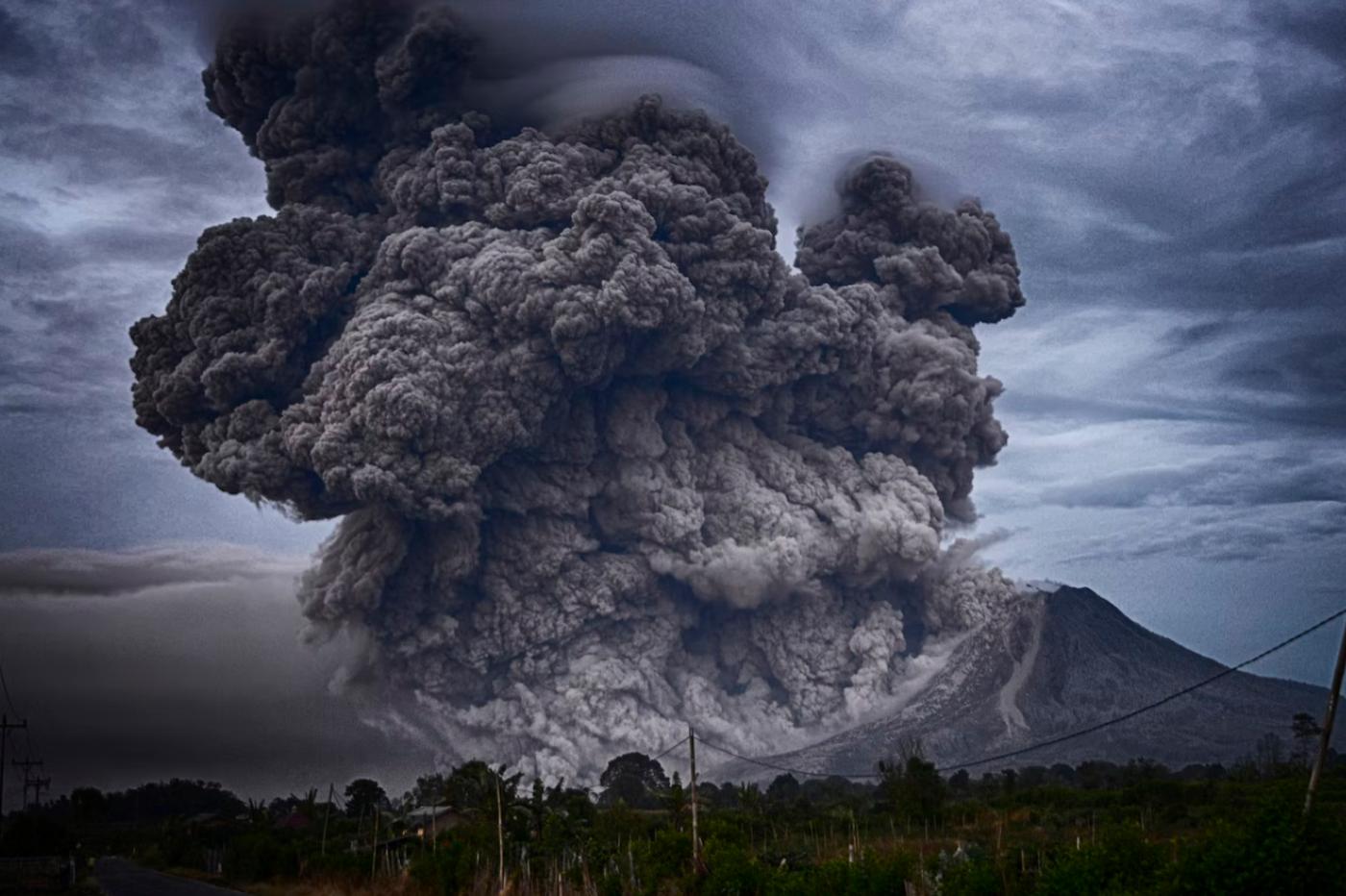Asteroids or solar flares, to name a few, pose existential threats that could change. The face of our civilization in the blink of an eye; it is enough to take. An interest in the fate of the dinosaurs or the Carrington event to find out for sure.
But there are other even more concrete dangers, and there is not necessarily a need to scan space to spot them; they may be right under our noses, right on Earth. We can obviously mention pandemics. But geologists wanted to recall another element that humanity tends to underestimate: volcanoes.
The latter are anything but rare; the Earth is traverse from end to end, and a large part of them is still active. A volcanic eruption is therefore not unusual. Most of them do not even pose a direct threat to populations.
the world is not at all ready for the next super-eruption
But in some specific cases, the picture can be very different; some volcanoes could give rise to cataclysmic eruptions, likely to disfigure our planet forever – with all the consequences that one can imagine for humanity.
Hunga Tonga, a well-deserved booster shot
We were reminded of this eventuality again recently, during the massive eruption of Hunga Tonga in the Tonga archipelago on January 14 – the largest of the 21st century. The consequences of this event were terrible for the local population.
The submarine cables were severe, which cut communications in the archipelago for several days. Agriculture, fishing and infrastructure in general were also damage by the ashfall which covere everything for hundreds of kilometers around. Tsunamis have even been documented in Japan and America.
Fortunately, the eruption only lasted about ten hours, and the most catastrophic scenarios could be avoide. Had it been longer, the consequences could much worse, with global repercussions on communications, supply chains, health and climate.
But it would be unconscious to think that humanity is now out of the woods. In a comment published in the prestigious journal Nature, geologists insisted that this warning shot was not an isolated case.
Super-eruptions, a threat too often minimized
Based on readings taken in ice caps, they were able to determine that these events were much more frequent than previously thought. They explain that by the end of the century, humanity has about a 1 in 6 chance of experiencing an eruption of magnitude 7 in 8 – or 10 to 100 times more powerful than the one in Tonga. This means that we are much more likely to experience a super-eruption than the impact of a huge asteroid.
However, eruptions of this kind have already caused radical changes in the climate. Led to the downfall of entire civilizations. And despite this well-documented reality. Humanity has done next to nothing to limit the “abrupt and immense” impact of such an event should it occur today.




